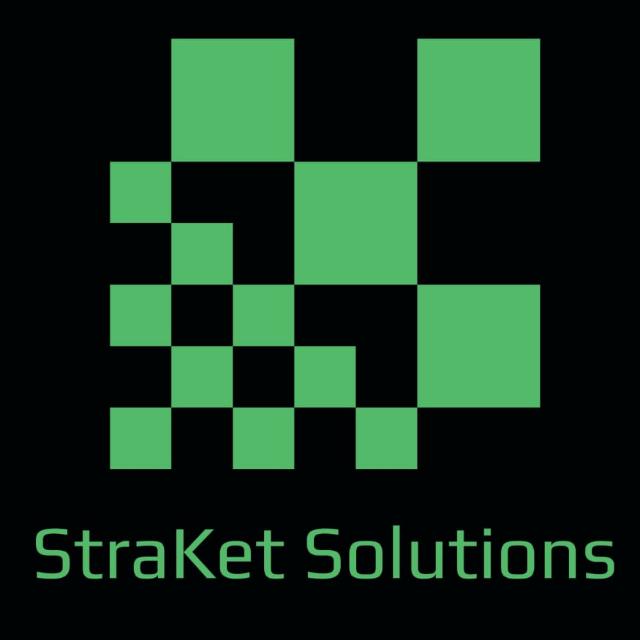Beginner’s guide of Search Engine Optimizations
What is SEO?
Search engine optimization (SEO) could be a method of improving positions in organic (non-paid) search ends up in search engines. The higher the website is, a lot of people see it.
If you would like to learn SEO, you must be prepared for a lot of artistic, technical and analytical work. There are several techniques with totally different goals, however, the main purpose can stay the same – to be among the best results in organic searches.
Simply said, SEO is concerning running the proper website for the right individuals. It isn’t solely a few good structures or technical background of the web site. Your website should be filled with quality and well-optimized content tailored to the wants of your audience. And after all, it’s to be adequate to be coupled to different websites.
Is SEO difficult?
Search engines such as Google, Bing, Yahoo! and other index websites to make an order supported numerous ranking algorithms. will we have a tendency to determine these algorithms? affirmative and no.
Google uses quite two hundred ranking factors. Although we all know many of them: quality content, backlinks, or technical things like website speed, there are several of them kept as a secret.
Of course, you don’t get to understand all the factors to rank together with your website. to understand what SEO is all about, imagine a bowl of soup. There are three necessary aspects:
The bowl represents the technical stuff behind the web site (technical and on-page SEO) – while not the correct bowl, the soup would spill everywhere on the table. The soup represents the content of your web site – it’s the foremost necessary part. bad c rankings, it’s that easy.
The seasoning represents the standard backlinks increasing the authority of your website – the last ingredient to create your SEO soup good.
Basic terms vocabulary
On-page vs. off-page SEO
White hat vs. black hat vs. grey hat SEO
On-page vs. off-page SEO
Doing On-page (on-site) SEO means optimizing your website to have an effect on the organic search results. It’s everything you can do on the website – from content optimization through technical aspects:
- Meta tags
- Headings
- URL structure
- Images improvement
- Content
- Structured data
- Website size and speed
Off-page (off-site) SEO covers all activities you’ll be able to do to enhance the web site SEO authority through obtaining backlinks from different websites. There are some ways to urge them:
Email outreach
Guest blogging
Submissions
Social media efforts
Cooperation with influencers
Writing valuable content, therefore people would like to link to your website
White hat vs. black hat vs. grey hat SEO
Black hats vs. white hats have their origin in Western movies. It’s like unhealthy guys vs. good guys. However, don’t take these words too seriously. Opinions on each SEO approach tend to differ.
Black hat SEO is a set of unethical practices to enhance the rankings of a website within the search engine results page. They are designed to have an effect on search engines whereas not taking human factors into consideration. Black hat SEO will get you to the highest of the SERP in a short time, however, search engines can most likely punish and ban the website sooner or later.
White hat SEO could be a set of moral techniques protruding to the rules and rules. the essential components of the white hat SEO are:
- Quality and relevant content
- Overall website optimization
- Link building
- How search engines work
- Search engines contain three main ingredients:
- Crawling
- Indexing
- Picking the results
- Crawling
Crawling or spidering means scanning the website, its sections, content, keywords, headings, hyperlinks, pictures by thousands of tiny boats. Any information which will be found on the website is crawled.
Crawlers notice all hypertext links on a website at that time to different websites. Then they take apart those pages for brand spanking new links over and once again. Bots crawl the whole internet often to update the information.
Indexing
Once the website is crawled, the assortment takes place. Imagine the index as a big catalog or a library choked with websites from everywhere around the globe. It always takes some time for a website to be indexed. From our expertise, it’s from one to ten days.
Picking the results
Results are crucial for each developer and user. Once the internet user submits a quest question, the search engine digs into the index and pulls out matching results. It’s a method of checking the question against billions of websites supported by various algorithms.
Companies running search engines (Google, Microsoft, Yahoo!) keep the precise calculations of their algorithms in secret. However, several ranking factors are well-known.




